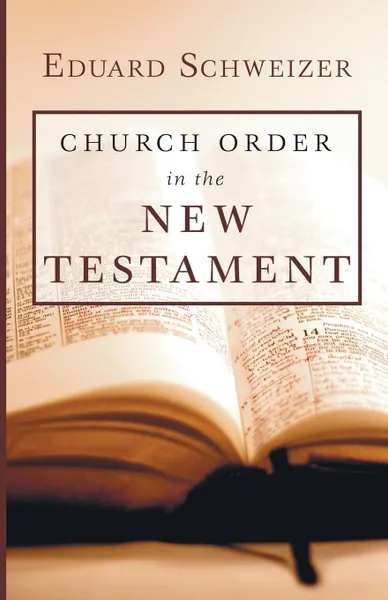Church Order in the New Testament 12+
🔖 Schweizer listens carefully to the testimony of the various New Testament writers in order to understand the theological problem of how the New Testament church understood itself, and how it expressed that understanding in its order. The purely historical question about the form of the church at different times is seen by Schweizer as necessary, but need only be asked insofar as the actual shaping of the church is always evidence of the concept of its own nature to which it testifies. Thus, Schweizer arranges the New Testament writings primarily by the theological kinship of their idea of the church, providing a comprehensive examination of the church in the New Testament and Apostolic Fathers. He treats both the diversity of views and the unity found in these writings. He also discusses issues relating to church office, ministry, and ordination.'A book which must rank among the significant examinations of the subject not only for New Testament studies, but in the current ecumenical debate. The author's method, after a very unusual and discriminating discussion of the authority of scripture for the ordering of the church is, to begin with, analytical. He considers Jesus' conception of the church, which he finds obscure enough, but at least it was an open fellowship, repudiating hierarchy, and following Jesus in self-renunciation for the world, then that of the primitive community (including such disparate representatives as the early Jerusalem church, that of Matt...
Мнения
